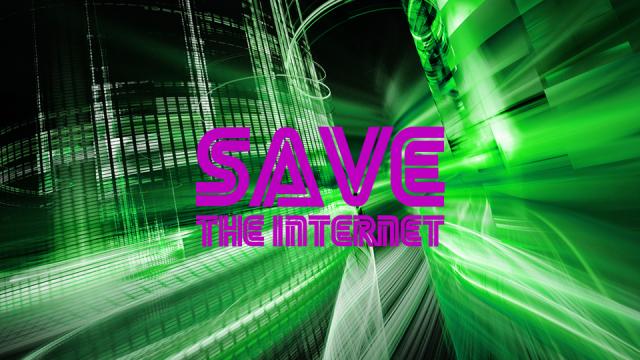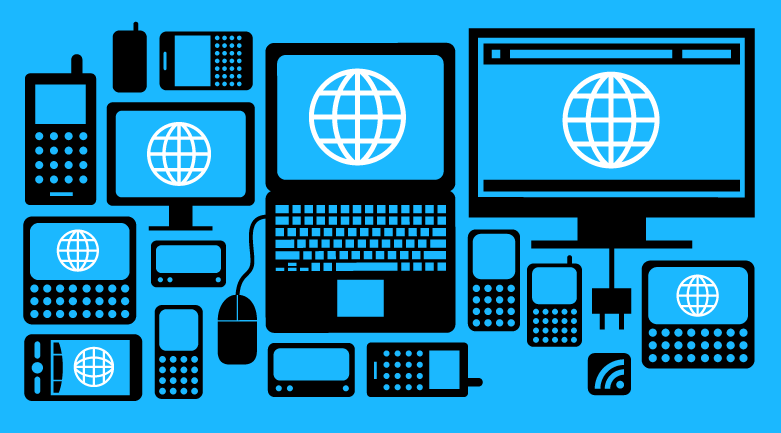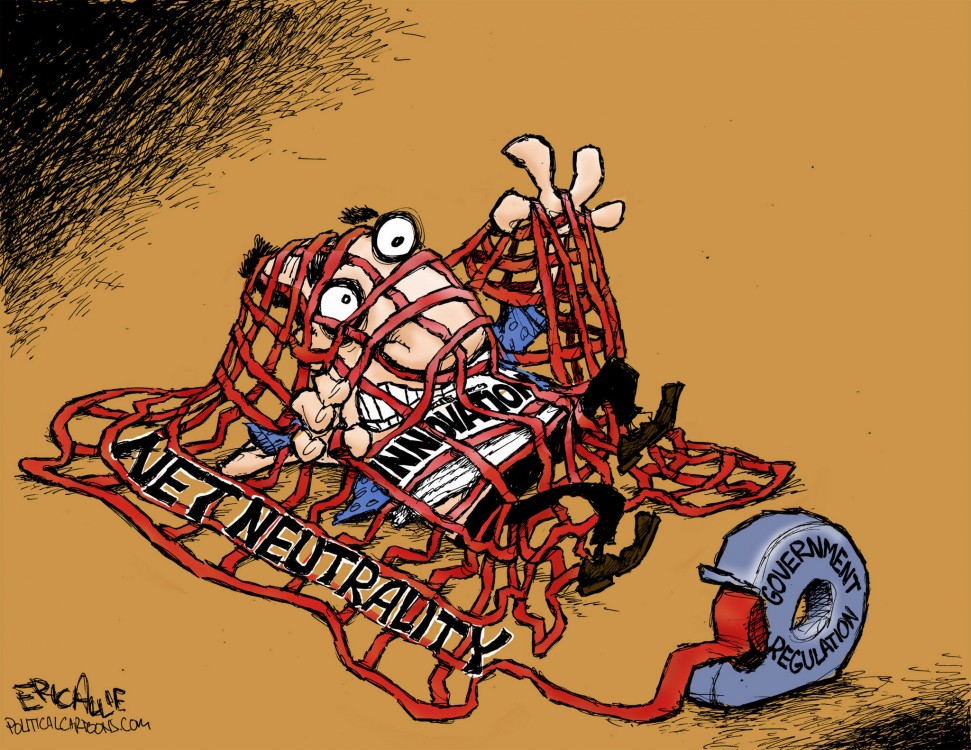
It’s one of the most important policy disputes that will determine the future of the Internet, and now President Obama has formally weighed in in favor of so-called net neutrality. What has been a long-simmering battle between telecommunications and tech lobbyists is now likely to step to the front of public debate.
For all the arcana in telecommunications law, there is a really simple way of thinking of the debate over net neutrality: Is access to the Internet more like access to electricity, or more like cable television service?
Regulated electrical utilities perform a remarkable service. Nearly every time I flip a light switch in my home, energy that was generated at some distant power plant and that flows through a complex network of transformers and power lines makes its way to the bulbs overhead, so that I can see.
I pay my local electric utility (mine is Pepco, which serves Washington) a nice fee for this service every month, tied to how much of this energy I use and its current price per kilowatt hour, with some money built in for the utility to make a comfortable profit. But beyond that, Pepco has no role in determining what I use that electricity for.
Pepco doesn’t get to offer more reliable, cheaper service if I go with Pepco’s preferred brand of refrigerator, with which the utility has some financial arrangement. They do not know, let alone control, what types of light bulbs or clothes dryer I power using the electricity they sell to me.
Yes, there are some broad efforts by electric utilities to urge me and other consumers to conserve energy, especially at peak times, but those are less about Pepco having special deals and more about trying to reduce energy consumption at the times it costs them the most to generate it.
For all the technical complexity of generating electricity and distributing it to millions of people, the economic arrangement is very simple: I give them money. They give me electricity. I do with it what I will.
Things are completely different with cable service.
Comcast, my cable provider, offers me a menu of packages from which I might choose, each with a different mix of channels. It goes through long and sometimes arduous negotiations with the owners of those cable channels and has a different business arrangement with each of them. The details of those arrangements are opaque to me as the consumer; all I know is that I can get the movie package for X dollars a month or the sports package for Y dollars and so on.
Local regulators can restrict pricing for the most basic cable offerings. But more extensive cable service is considered a discretionary good, and cable companies have wide latitude to price their offerings at whatever the market will bear, and offer whatever mix of channels they think best.
The downside is that it is easy to end up paying a few hundred dollars a month for cable service. The upside is that this state of affairs has a profusion of new channels and entertainment options. Whether your preference is for high-quality literary scripted television dramas, trashy-but-amusing reality shows or live sports from every corner of the world, you have more options available than ever before, both live and on demand. That is a genuine improvement over the state of Americans’ home entertainment options from just a generation ago.
All of which brings us to net neutrality and the Internet.
One theory of the case, and the one that the Obama administration embraced Monday, is that the Internet is like electricity. It is fundamental to the 21st century economy, as essential to functioning in modern society as electricity. It is a public utility. “We cannot allow Internet service providers (ISPs) to restrict the best access or to pick winners and losers in the online marketplace for services and ideas,” the president said in his written statement.
In the president’s logic, and that of the Internet content companies that are the most aggressive supporters of net neutrality, just as your electric utility has no say in how you use the electricity they sell you, the Internet should be a reliable way to access content produced by anyone, regardless of whether they have any special business arrangement with the utility.
Those arguing against net neutrality, most significantly the cable companies, say the Internet will be a richer experience if the profit motive applies, if they can negotiate deals with major content providers (the equivalent of cable channels) so that Netflix or Hulu or other streaming services that use huge bandwidth have to pay for the privilege.
The same kind of business model that has created a boom in content for cable television customers can create a more fertile environment for an explosion of creativity on the Internet, goes this logic.
It would also give your Internet provider considerably more economic leverage. It would, in the non-net-neutrality world, be free to throttle the speed with which you could access services that don’t pay up, or block sites entirely, as surely as you cannot watch a cable channel that your cable provider chooses not to offer (perhaps because of a dispute with the channel over fees).
Keep in mind, just because the Obama administration has weighed in doesn’t mean this debate is over. The decision, as the president’s own statement acknowledges, belongs to the Federal Communications Commission alone. Regardless of where it comes out, what is at play is a question that cuts to the core of what role the Internet will play in our daily lives.
3 WAYS TO SHOW YOUR SUPPORT
- Log in to post comments













